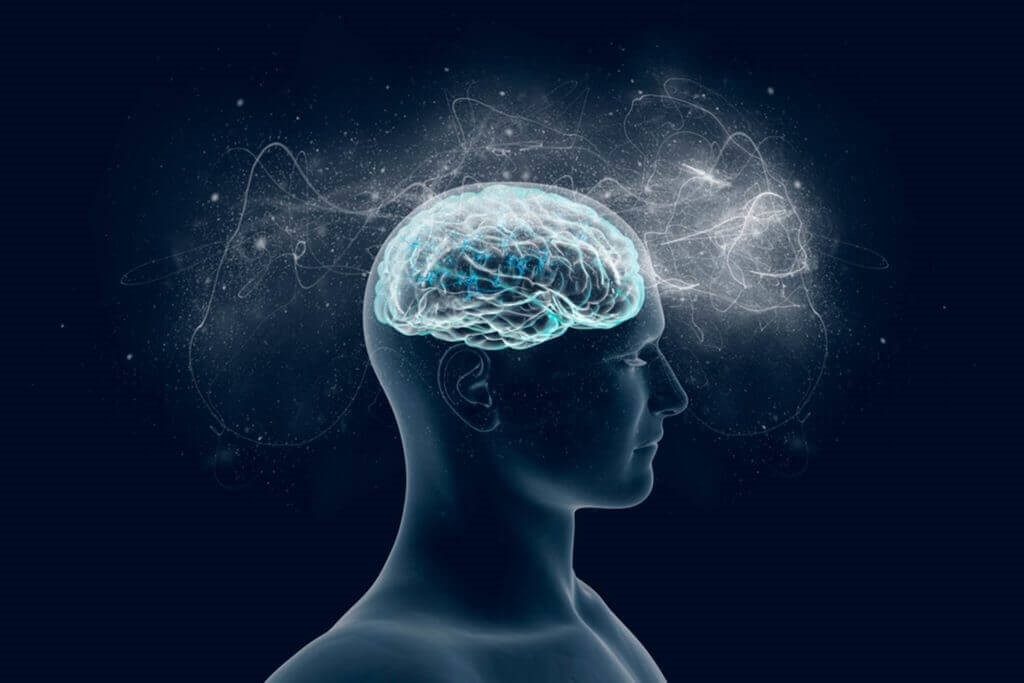As humans, we’re especially good at problem-solving, and that might be something to do with the fact that we solve problems every single day of our lives.
From answering maths problems to arranging our DVD collections in a coherent order, we face an amazing array of puzzles in our daily lives, often even without realising it. If you visit an Escape Room, you’ll be presented with a host of fascinating and tricky problems that you’ll need to solve if you’re going to get out in time.
The Initial Steps Of Problem–Solving
In terms of psychology, “problem-solving” means the mental processes which we go through in order to determine problems, analyse them and then solve them accordingly.
There are several mental processes which come into play when we solve a problem including:
- Recognising that a problem exists
- Representing that problem in the memory
- Taking into consideration all of the relevant information which applies to the problem in hand
- Identifying the different elements of the problem
- Describing and labelling the problem
Resolving The Problem Itself
Once we’ve identified the problem and labelled it in our minds, the next step is to resolve it. There are a number of strategies we can try to do this including:
- Algorithms – these are procedures which are carried out at step at a time to produce the correct solution. Although algorithms do guarantee a precise answer, they don’t always represent the ideal approach when resolving a problem since it is time-consuming.
- Heuristics – this strategy is a mental “rule of thumb” and, while it doesn’t guarantee an accurate answer, it does enable people to make complex problems simpler.
- Trial-and-Error – this approach involves testing several solutions in order to rule out any which are unsuccessful. If there are only a few options available, this is a good choice of strategy.
- Insight – sometimes, the answer to your problem comes in the form of a sudden insight, sometimes because you recognise the problem as being similar to one you have previously encountered.
The Basic Steps To Solving A Problem
If the human mind is going to correctly find a resolution to a problem, a set of steps have to be followed. They look something like this:
- Identify The Problem – while it sounds obvious, this is a step that often gets missed out in a time pressured situation. Sometimes, people don’t even try to identify the problem at all, while others get the problem’s source wrong making any attempt to resolve it useless or inefficient.
- Define the Problem – once the problem is identified it has to be defined in order to resolve it.
- Developing a Strategy – once the problem is defined, a strategy then has to be developed to resolve the problem which will vary dependent on the preferences of the individual and the situation itself.
- Organising Information – before finding a solution, it’s important to organise all of the information that’s available including everything we already know about the problem and everything we don’t know.
- Monitoring Progress – while working towards the solution, an effective problem solver will monitor their progress. If they’re failing to make headway, they’ll re-evaluate their approach.
Problems Which Interfere With Problem–Solving
When we need to resolve a problem efficiently and quickly, there are several obstacles which can get in the way of our mental abilities. These include:
- Functional fixedness – we tend to only see problems in a customary manner and this can prevent us from seeing the many options which could be available to offer a solution.
- Misleading and irrelevant information – failing to distinguish between relevant and irrelevant information can end up distracting us from the solution to the problem and to wasting too much time on information which has no use or purpose.
- Assumptions – sometimes, we make incorrect assumptions which prevent us from finding a solution. If we focus too much on those assumptions rather than being open minded, we’re much more likely to struggle to find a resolution to the problem at hand.
- Anxiety – in a time pressured environment, the adrenaline rush means that our cognitive processes are impacted and this means that we can overlook information which could be essential. When in an Escape Room environment, it can be all too easy to become stressed and anxious and therefore to miss vital clues.
- Mental Set – we tend to use only solutions that have been tried and tested before instead of looking for a new idea. While this can be useful when it works as a heuristic, it can often lead to greater inflexibility which impedes our ability to find an effective solution.
One example of this set mentality in practice comes from a study reported in 1942 by Luchins which asked people to use 3 jugs all with different capacities to measure out a set volume of water. While some of the people had the opportunity to practice first, others didn’t.
Those who had the chance to practice found that they could solve the problems during the practice round by filling the jug labelled B and then tipping the water from that jug into jug A until it was full, then using the contents of jug A twice to fill the jug labelled C.
While it was possible to use this technique in the final puzzle, there were simpler solutions available to resolve the problem more quickly.
It was discovered that those who had been given the chance to practice first applied the complex solution to resolve the problem while those who were coming to the puzzle for the first time usually found one of the simpler solutions more rapidly.
Knowing how the human mind solves problems and the obstacles which can prevent us from finding a successful solution can help us to avoid those obstacles and to find a coherent way through to a resolution. If you’re ready to put your problem solving skills into practice, visit our Escape Room in Huddersfield and try your hand at figuring out the puzzles in our murder mystery cape escape or cabin in the woods so you can beat the clock and get out with time to spare!

